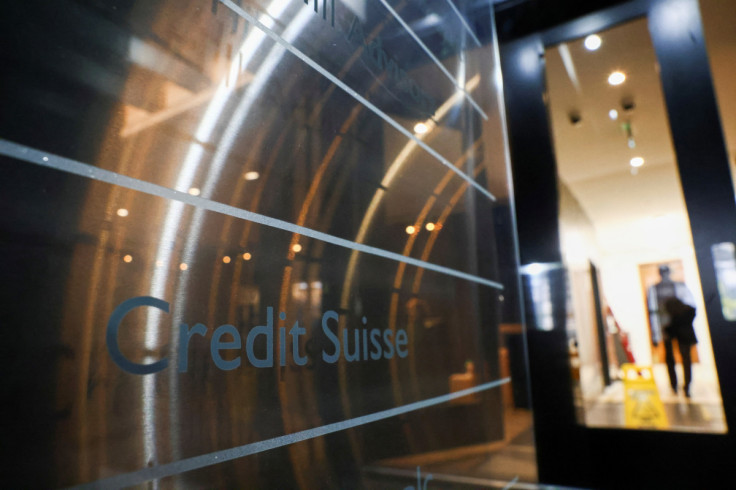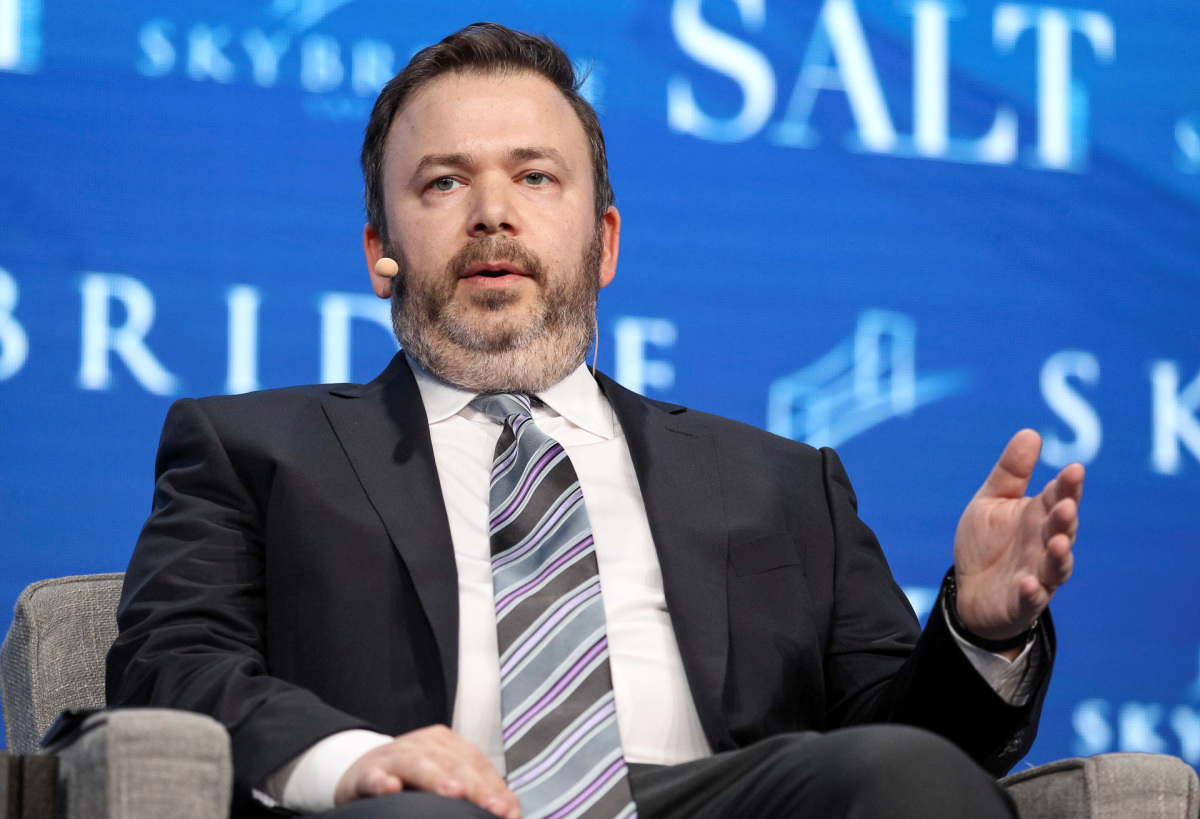Reuters
Hedge fund manager Boaz Weinstein pinned hopes on Credit Suisse’s survival, but also money on its demise. His derivatives trade which bet both on the success and failure of the bank now looks set to pay off, according to data from IHS Markit.
After shares in the 167-year old lender slumped last week amid fears of contagion from a U.S. banking crisis, UBS on Sunday agreed to pay 3 billion Swiss francs ($3.23 billion) for the bank in a package engineered by Swiss regulators.
The derivatives trade Weinstein’s Saba Capital Management fund had in a place since late last year – which positioned both for the failure and the survival of the bank – is an example of how hedge funds stand to profit from its woes.
Weinstein told Reuters in January that he held a dual long and short position, or straddle, via Credit Suisse’s credit default swaps (CDS), derivative contracts that offer insurance protection and pay out when a company defaults on its debt. He was long 2-year and short 10-year protection on the bank.
At the time Weinstein told Reuters he thought the derivatives were mis-priced because he believed Credit Suisse’s problems would be resolved, either way, more quickly.
While bearish bets against Credit Suisse mounted in late 2022, Weinstein said he watched Credit Suisse’s CDS price curve make less and less sense – the 2-year protection on the bank cost about the same as the 10-year.
As the trade is both long and short, Weinstein stands to profit from the short leg of his trade much more than he will lose from the long side.
Saba declined to say how this trade would affect its performance numbers on Sunday, but numbers from IHS Markit show that the idea of the trade has worked.
In December the 2-year and 10-year traded around 439 and 406, according to data from IHS Markit.
After the weekend takeover of Credit Suisse was announced, the 2-year traded at 472 on Monday – possibly a loss on one leg of the trade. But the 10-year traded at 265, a larger profit if Weinstein were to have exited the trade today.
Representatives for Saba declined to comment on the trade.
Weinstein led a proprietary trading fund at Deutsche Bank which was spun out to start Saba Capital Management in 2009. Famously, the fund bet against JPMorgan’s “London Whale” trading position in CDS indices in 2012.
Saba Capital Management’s main fund, run by Weinstein, has posted a 2% positive return as of Feb. 28 said bank research, but March numbers are yet to be released.

Reuters







